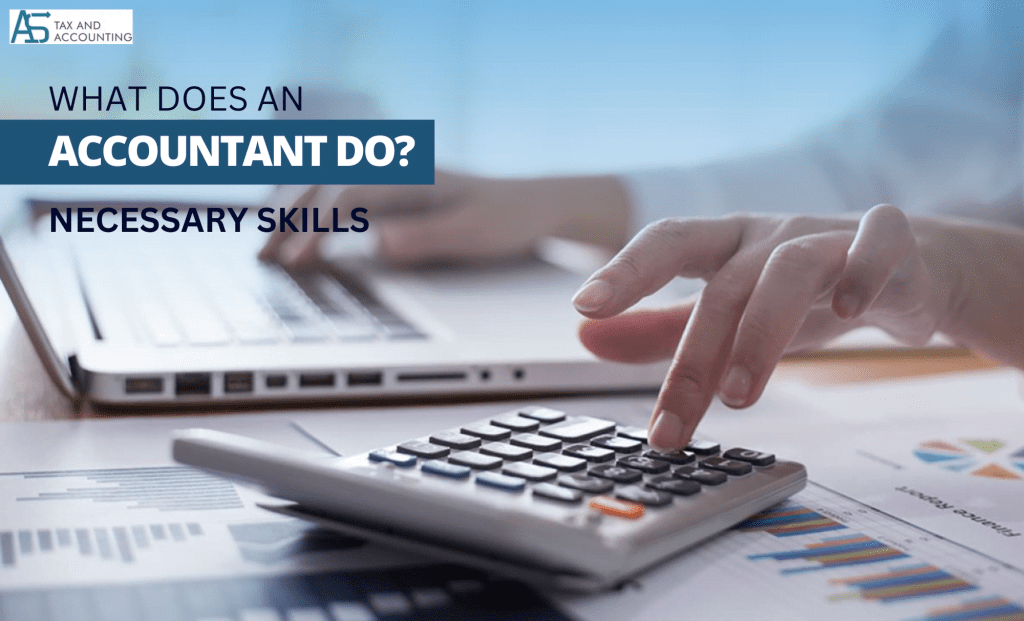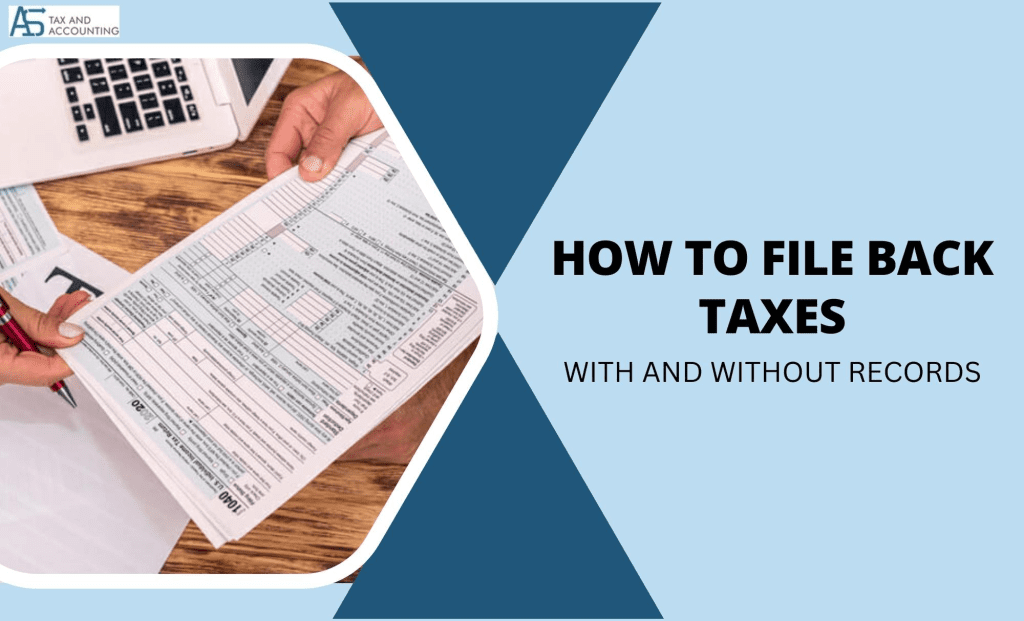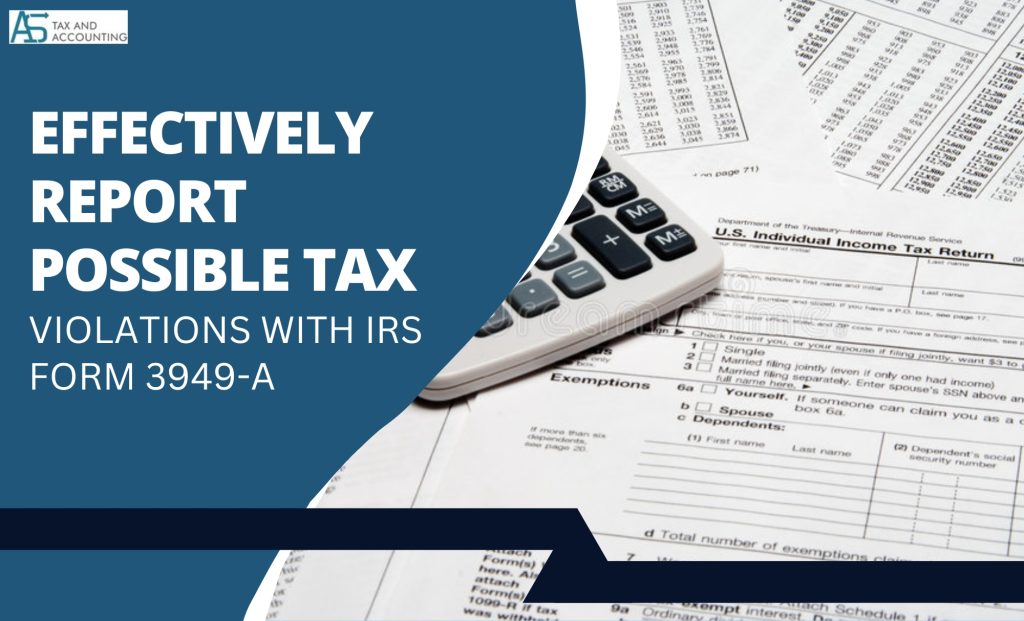With the expansion of your business, you may require someone to back your financial statement preparation. There is a long queue of invoices and bills, and your bookkeeper is unable to keep up with the changing landscape of your business. So, you may think of getting an accountant for your business. Now you may question what does an accountant do? How can your business benefit from them?
An accounting job is not necessarily about doing maths. It is more about manipulating those numbers and understanding the trends of business finances after working with financial data.
Accounting is a crucial corporate function. The profession includes leveraging assets, managing budgets, attaining financial efficiencies, and maximizing investments.
What is an accountant? Let’s find out in detail.
What Does an Accountant Do? – Their Responsibility in Business Growth
Every employee and every department in your organization performs a specific role. There is a set of roles and responsibilities that an accountant should carry out to help the business grow. So, what does an accountant do? Accountants use their skills to interpret financial data and apply them in an array of areas. A few of the basic duties of an accountant which they should perform are:

Timely Creation of Reports
Producing timely financial reports is the key responsibility of an accountant. Accountants utilize the information they have and assist clients in analyzing their present financial conditions. These reports help businesses in decision-making and choosing whether to change certain aspects of their business.
Keeping Up with Changing Tax Laws
Tax laws are complex. But an accountant can assist you with navigating complex tax rules and ensuring that your company complies with current tax regulations. Some accountants are also qualified to represent your company in the event of an IRS audit.
Helping with Payroll
Every organization, whether small or large, has to maintain a strong payroll system. An accountant will help you determine the salaries of your team members. It will also advise you on the amount to deduct each quarter for payroll taxes and ensure that all the paperwork is correct.
Tax Return Preparation
Filing tax returns on time helps businesses to save on penalties. Another key responsibility of an accountant is helping in tax preparation and filing. You can collaborate with an accountant to prepare your tax return, and they’ll make sure that it is in compliance with federal and state laws.
Better Business Structure Advice
An accountant’s advice is strategically helpful if your business is looking for incorporation or change in business structure. It will guide you about the advantages of structural change and how it will affect your finances. An accountant can lead your business and even take care of the necessary paperwork.
Assist in Developing Business Processes
Your Accounting team will create a standard system of information flow and strong communication channels to avoid any errors. Without these processes, you cannot be certain that tasks like shipping, receiving, and billing is running correctly. You can collaborate with an accountant to ensure that everything is operating as it should.
Sending Invoices and Following-Up
Every business requires timely payments. It is one of the key responsibilities of an accountant to send invoices to their clients. Timely cash flow will reduce your stress and burden on resources and help your business flourish. Sometimes, clients do not make timely payments. So, it is also a duty of an accountant to remind them and keep track of missing payments.
Keep track of Sales
Knowing what you’re selling, how much you’re selling it for, and how much money you’re making is essential for the success of your business. An accountant can monitor the sales of your small business and generate reports so you can stay informed. An accountant will also keep a check on the quantity of inventory you require for the following month.
Help in Budget Preparation
Every organization requires an understanding of the cash flow, expenses, and over costs. After analyzing patterns in revenue and spending, they will help you to establish suitable budget ranges. They will also assist in keeping control over spending.
What Does an Accountant do? – Necessary Skills
Due to industry dynamics, it is a best practice to have good skills. The role of an accountant demands a set of skills. A good accountant should have the following skills to carry out the task efficiently.

Good with Numbers
It is the soul of an accounting job. If you think about what does an accountant do? And how they do it. Then it all starts with maths. An accountant should be proficient in maths and have the ability to analyze and interpret numbers.
Knowledge of the Industry
An accountant should also be aware of the industry he is working for. The accountant should be dynamic and capable of working with the industry. The strategies of the businesses vary, so the accountant must have the skill of crunching numbers and planning reports according to industry dynamics.
Tech-Savvy
Businesses nowadays rely heavily on technology to ease their workload. An accountant should have basic knowledge of the tech and software. Having a basic knowledge of accounting software allows you to save time. An accountant should also have the thirst to learn new software.
Analytical Skills
A significant portion of accounting involves gathering and evaluating financial data, which is crucial for spotting trends and potential problems. Having strong analytical skills is key to success for an accountant. It helps businesses in making good decisions.
Ability to Work Systematically
An accountant has to keep up with the bulk of documentation. There are many clients of an organization, and all have a different set of paperwork. Moreover, there will be different deadlines to meet. So, this can only be managed if they organize their work in a reasonable manner.
Detail-Oriented
Interpretation of numbers in the right way is very important. And it all starts with careful management of data. Having a solid outlook on numbers, procedures, and communication should be the skill of an accountant. Since they are responsible for managing finances, strong detailing can help you to avoid any cash losses.
Communication
Effective communication skill is crucial for accountants. Accounting professionals may provide information in a way that clients can understand by having effective communication skills. It is not just about sharing the data in an understandable manner but also creating a strong communication channel.
Types of Accountants
According to the duty and where accountants work, there are various types of accountants. Some of them are:
Certified Public Accountant
CPAs manage considerably more than just taxes, even though they are best known for their work with both federal and state taxes. In various businesses, CPAs oversee the organization’s staff accountants. CPAs ensure that organizations adhere to generally accepted accounting rules (GAAP).
Government Accountant
Budgeting and managing public funds and assisting government agencies with their fiscal-year planning are the responsibility of a government accountant. Additionally, they might collaborate with regulatory organizations like the Internal Revenue Service (IRS).
They are familiar with government statutes, tax laws, company laws, and other rules that apply to both the public and private sectors.
Auditor
Auditors must examine a company’s financial records to guarantee accuracy and adherence to all applicable tax laws, regulations, and other accounting standards. These accountants are responsible for auditing financial statements, checking books of accounts and accounting systems, setting up and keeping financial records, and evaluating financial activities. An auditor can identify inconsistencies and provide advice on how to fix them.
Forensic Accountant
To ensure compliance with norms and legislation, these experts examine financial records. Forensic accounting examines problems brought on by recent or pending legal disputes or litigation. Some forensic accountants may only focus on certain types of audits, such as fraud, personal injury claims, or construction.
Investment Accountant
An investment accountant works in the financial sector, typically for an asset management or brokerage company. Their expertise includes several types of financial instruments, exchange-traded funds (ETFs), equities, bonds, and more. They also help establish a firm’s financial strategy and decide how investments and assets affect a client’s taxes.
Tax Accountant
Tax accountants are those who specialize in tax preparation and filing. They analyze and classify tax returns. Their responsibility is to check for accuracy and compliance with laws. They may also speak with taxpayers about problems like incomplete or inaccurate information. Tax accountant also advises on how to Reduce Tax Liabilities.
Benefits of Hiring an Accountant for a Small Business
You juggle numerous hats as a small business owner. You handle everything, like accounting, management, and marketing. However, there are some tasks you should leave to the experts; one of these is accounting.

For expanding your firm, hiring a small business accountant can be beneficial in a number of ways.
- It will help you to save money and time.
- They ensure that your business records are according to tax laws.
- Moreover, an accountant extends all tax benefits and reduces your tax obligations.
- With an accountant under your hood, you can pay more attention to managing your business.
- You can count on the advice of an accountant for specific business directions for the future.
- An accountant will overlook your expenses and finalize your business plans accordingly.
- They will not just manage your books but also keep a tab inventory to solidify sales and marketing strategies.
- An accountant will help you with personalized business advice and recommendations.
- It will ensure that all your financial records are safe and secure.
When Should You Hire an Accountant?
Every business has a different approach to handling its financials. They try to DIY or use the software. But there can be multiple situations where businesses may need the help of an accountant. Even though almost all businesses could benefit from employing a CPA, many choose to launch without one to save money. Here are a few signs that may push hiring an accountant for personal finances or your business.
- When your business is expanding, there will change in the scale of finances also. So, you will need a CPA to handle it.
- If you are looking for a loan, grant, or other financial application, then an accountant can help you out with interest rate advice and cost reduction to repay the loans.
- When your tax preparation is taking too much time, then an accountant’s help can reduce the time.
- An accountant can assist you in defining the legal framework of your new company.
- If your business is going through an audit or you want to prevent yourself from being audited, then getting an accountant can be beneficial.
- To cut out on time-consuming financial tasks.
- If your payroll is taking far too long, then the accountant can streamline those also.
- If you lack financial reports, they can provide you with in-depth planning and analysis for your finances.
How Much Do Accountants Cost?
In general, the services an accountant offers, their degree of expertise, location, and work requirements all play a role in deciding the cost of employing an accountant. How they charge could also be a factor in an hourly, monthly, or flat fee. Finding out how much your rivals are paying is a useful approach to estimating the average cost of an accountant.
Depending on the sort of work performed, a certified public accountant (CPA) can range in price from $150 to $400 per hour. You can pay between $35 and $85 per hour for accounting services provided by a less skilled professional.
Your prices will vary depending on elements like your industry and particular business needs because no two firms are the same. If you have a question in mind, how much does an accountant cost for a small business? Then it varies from industry to industry. Usually, small business owners spend between $1,500 and $5,000 on their accounting.
Frequently Asked Questions
The following are three trending things in accounting.
1. To keep your company safe and secure, your accountant should be knowledgeable about the most recent security procedures.
2. Automation reduces errors and frees up your accountant to work on other important tasks. So, it is a best practice to stay in touch with the latest accounting technologies.
3. Having expertise in forecasting is very good. It will help you to keep a close check on your accounts and look for patterns using their expertise in data analysis.
1. Business Specific
2. Technology Adaptability
3. Communication
4. Leadership
5. Analytical Ability
6. Critical Thinking
1. Manage your payrolls.
2. Helps in tax preparation.
3. Keep track of bills and payments.
4. Helps in internal audits.
5. Help in budget preparation.
If you are unaware of the tax laws, then it is the best practice to hire an accountant. It will help you to save time, reduce your tax obligations and increase your savings.
- Author Details
- Latest Posts





